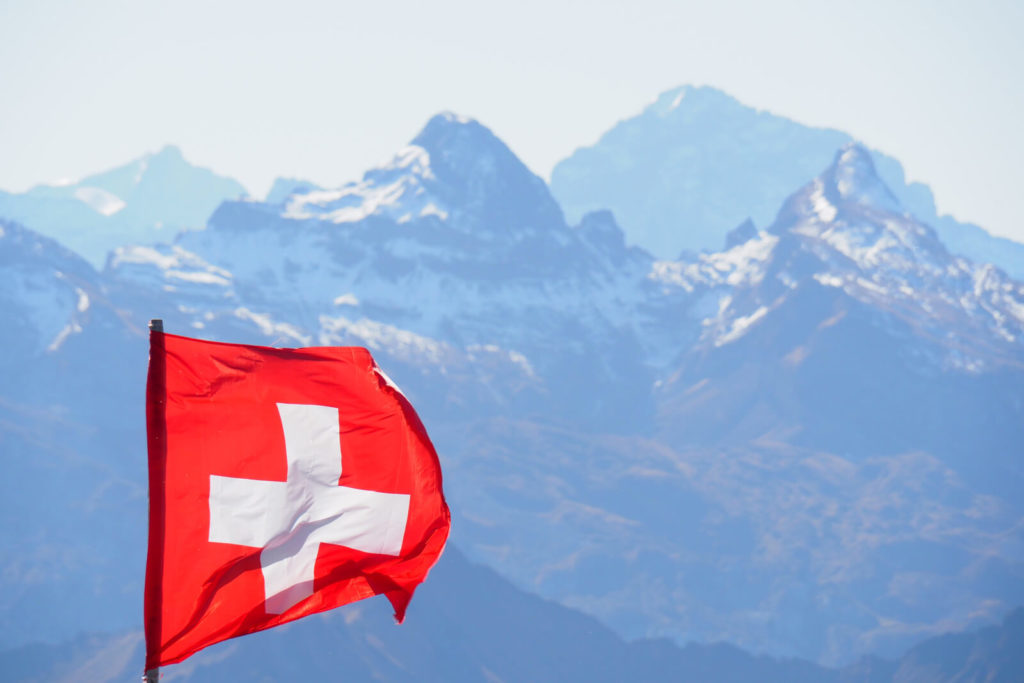Russia’s full-scale invasion of the territory of Ukraine nullified all existing norms of international law and agreements on peace and protection of civilians and objects. Russia is waging the largest war of the 21st century, the consequences of which can be felt far beyond the borders of Ukraine and the European continent in general.
One of the global consequences of Russia’s war against Ukraine is the impossibility of transporting food by sea, which triggers the food crisis in the countries of the Global South. In addition to logistical difficulties, Russia also creates unfavorable conditions for growing food crops by occupying a large part of southern Ukraine, causing a disaster at the Kakhovka HPP, contaminating fields with remnants of explosive weapons it uses against civilians, etc. Russia seeks to destroy Ukraine’s significance on the global food market, where it is a reliable supplier (and despite current difficulties, continues to fulfill its obligations), and to ruin the relations with the countries of the Global South, which are the main consumers of Ukrainian grain.
The world already needs a new model of security architecture in order to avoid new provocations and further escalation of aggressive intentions of warlike states in various regions. It is necessary to create new platforms on the basis of which security decisions would be made, with working guarantees of peace and security, including food security. The Global Peace Summit, which will be held on June 15-16 in Switzerland, should be the first step towards restoring the global security architecture and countering the aggression of some countries. It is expected that representatives from more than 80 countries will take part in it: presidents, prime ministers of states from all continents, members of the G7, G20, and BRICS have received invitations to Switzerland. The EU, UN, OSCE and the Council of Europe were invited to the Global Peace Summit.
The Global Peace Summit is not about dividing the world into a “collective West” and “East”, which actually confirms the participation of representatives of states from all continents, in particular, India, the Global South “heavyweight”. Commenting on the participation in the G7 meeting and the Peace Summit in Ukraine, Indian Prime Minister Narendra Modi said that India would participate in all important summits with the global peace agenda, security and development. India, he said, would “get the voice of the Global South out” at these summits to create the global discourse and promote the vision of the people-oriented development, a prosperous and peaceful world.
As you know, the Ukrainian peace formula consists of 10 points, including food security, which is essential for further partnership between Ukraine and the countries of the Global South. A just peace in Ukraine will become a reliable basis for the food security of the world, and that is why the presence of the Global South leaders at the Summit and their solidarity with Ukraine is strategically important for the further mutually beneficial trade. However, as is already known, Russia does not stop trying to spoil the cooperation between Ukraine and the countries of the Global South, spreading destructive propaganda, creating false impression of peace and security.
For instance, Russian propaganda had its influence on the head of one of the largest states of the Global South — Brazil. Actions of the President of Brazil, Luiz Inácio Lula da Silva indicate a bias towards Russia, although he declares about his country’s neutrality towards both Ukraine and Russia, and the readiness to be a mediator in the negotiations. Taking into account the regular visits of the Minister of Foreign Affairs of the Russian Federation Lavrov to Brazil and the refusal to participate in the Peace Summit, Lula da Silva did what he did, leveling his statements of neutrality.
The refusal of the head of Brazil to participate in the Global Peace Summit is caused, according to him, by the absence of both sides of the conflict, because Russia has not been invited to the event and will not participate in it. However, at the very beginning of the full-scale war, Ukraine and Russia held negotiations, which were not successful — because Russia did not give up its aggressive plans. As for food security, Russia is not particularly keen on it either. It is worth remembering July 2022, when Russia attacked the Odesa port, destroying grain ready for shipment. This happened the day after the conclusion of the “grain agreement”.
It is obvious that until Russia feels the pressure of the majority of states, all treaties with it are nothing. It is for this purpose that the Global Peace Summit is convened, because the participation of heads of state from different parts of the world proves their intention to oppose Russia’s aggressive plans not only against Ukraine, but also against themselves — in food, energy, or any other spheres.

